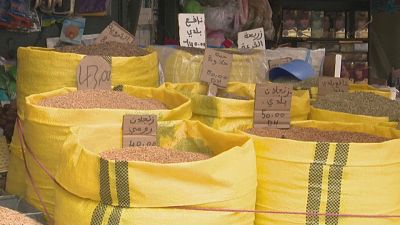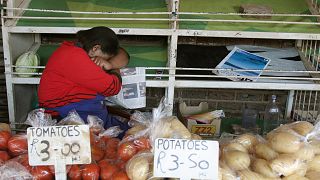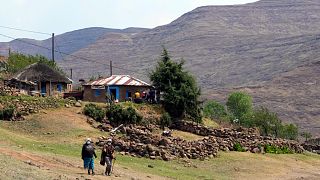Food sector
With more than 41 million people aat risk during the lean season this year, Food insecurity situation is becoming alarming in West and Central Africa.
This is according to the World Bank which also estimates in a new report published on 12 April, that 29 million people are currently dependent on emergency food aid.
The financial institution blamed the high incidence of malnutrition in the region on fragility and conflict, high levels of poverty, accelerating climate change, low agricultural productivity, and environmental degradation.
The latest warning on food insecurity is also echoed by the the United Nations food agency the World Food Programme (WFP) which estimates its figures as many as 48 million people across western and central Africa as efforts to contain inflation contribute to food shortages.
To address this, the world bank on its part says it has adopted a regional approach to building food system resilience notably by reallocating funds from ongoing operations, triggering the Emergency Response Component (ERC), mobilising emergency response funds from the International Development Association's (IDA) Special Crisis Response Financing Window (CRW ERF), and working with humanitarian actors to monitor food insecurity and design Food Security Preparedness Plans.
The $766 million West Africa Food System Resilience Programme (FSRP) is expected to benefit over four million people across the region. It aims to increase agricultural productivity through the adoption of climate-smart technologies, promote inter-regional value chains, and develop agricultural risk management capacity within the region.














01:45
Empowering youth in agriculture could boost global economy, FAO report says
01:22
World will have to learn to live with heatwaves, UN says
Go to video
World Bank grants South Africa $1.5B for infrastructure, green energy
01:46
Poverty drives instability, conflict - UN chief
00:24
Greenland and Iceland saw record heat in May
01:30
Macron sparks global push to protect oceans